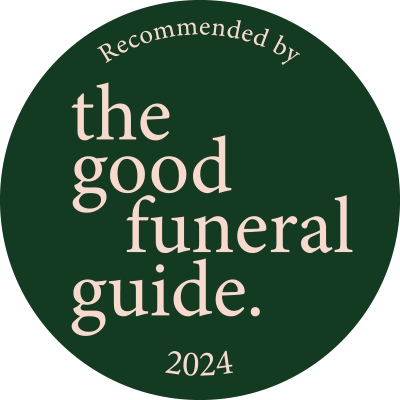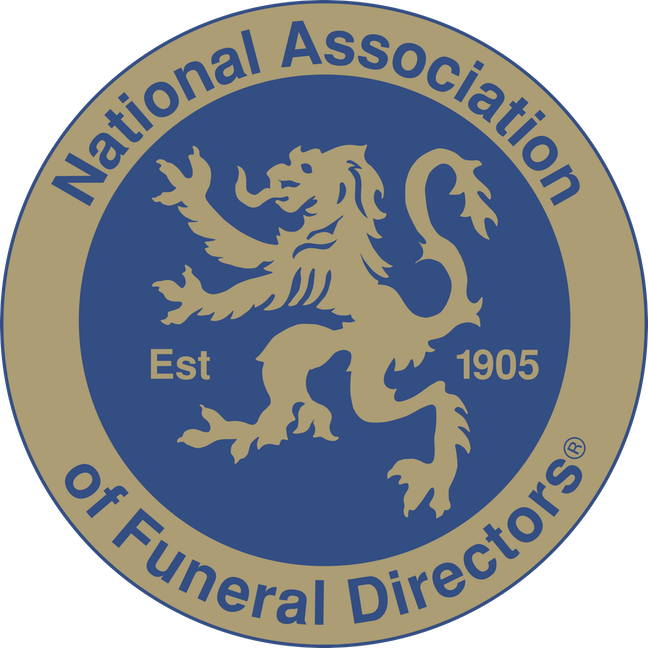First Steps
Has a loved one passed away?
We are truly sorry that you have need of this information and hope that you are not alone with your bereavement.
Our compassionate team are here 24 hours to offer you support and guidance on 0116 2866858
If your loved one has passed away at home, the next steps to take will depend on whether their death is expected or unexpected.
If your loved one’s passing has been expected, (for example if your loved one was terminally ill), you will need to call their GP or the NHS helpline as soon as possible (NHS Tel: 111).
If the cause of death is known, the doctor will issue a Medical Certificate of Cause of Death, allowing you to register their death. During the night, the on-call doctor will usually confirm that your loved one has passed away and inform their usual GP in the morning.
Contact your loved one’s GP to discuss when the Medical Certificate of Cause of Death will be prepared.
Once you are ready, you should call your Funeral Director and they will bring your loved one into their care.
If the death was unexpected, call the Police and Ambulance services immediately by dialling 999. The emergency services operator will advise you on what to do next.
The Police will arrange for a Funeral Director to collect your loved one and take them into their care, acting on behalf of the Coroner if the death is unexpected.
If the doctor is unsure about the actual cause of death, even if it was clearly from natural causes, or if your loved one has passed away died suddenly or in unnatural circumstances, they will contact the Coroner. The Coroner may request a post mortem examination or inquest to determine the cause of death and then issue the documents allowing the death to be registered.
It is important to note that a funeral cannot be arranged until the Coroner advises that this is possible.
If your loved one has passed away in hospital, the next of kin will be informed immediately. The hospitals in Leicester all have specialist Bereavement Services staff who will help you with the first steps.
The medical staff involved in your loved one’s care will issue a Medical Certificate of Cause of Death if they are satisfied with the cause of death. If the doctor is unsure about the actual cause of death, even if it was clearly from natural causes, or if the deceased died suddenly or unnaturally, they will contact the Coroner. The Coroner may order a post mortem examination or inquest to determine the cause of death and then issue the documents allowing the death to be registered.
The Medical Certificate is required before you can register their death. this must be done within five days in England and Wales.
It is important to let the hospital staff know if your loved one had expressed their wishes for burial or cremation as this will affect the legal documentation, which the doctors will complete.
Usually, your loved one will remain in the care of the hospital until all of the required legal documentation is completed. Your chosen Funeral Director will then liaise with the hospital to bring your loved one into their care.
When a loved one’s death is sudden, if it occurred in custody, as a result of an accident or unlawful act, thought to be caused by industrial disease, has happened in unusual circumstances or has happened abroad, the Coroner must be informed.
Coroners are appointed by local councils and investigate all deaths which happen suddenly or in unnatural circumstances.
It is the Coroner’s duty to identify how, when and where the person died. They will also liaise closely with the person’s family to guide them through the official processes.
The Coroner may order that a post mortem examination is held and, in some circumstances, will open an inquest into the death.
For more hep and advice call us on 0116 2866858.
If your loved one’s doctor has issued a Medical Certificate of Cause of Death, you have a legal obligation to register their death, officially within 5 working days, although there are times when this is not possible.
Most deaths occur in a house, a hospital or a residential or nursing home. The law states that, in order of preference, a death may be registered by:
- a relative
- a person present when the person passed away
- the occupier of the house or institution where the death took place
- the person who is instructing the funeral director
The death has to be registered before a registrar for the district in which it took place.
You can go to a different office to make a declaration if it is more convenient, but the registration process will take a few days longer, and this may cause a slight delay to the funeral.
The process of registering a death
The registration takes about 30 minutes if all the necessary information about the deceased is available. This will include:
- Date and place of death
- Name, address, date of birth and place of birth
- Maiden name, in the case of a woman who has been married or formed a civil partnership
- Occupation, and the name and occupation of their husband / wife / civil partner
- If the deceased was still married or in a civil partnership, the date of birth of their spouse
- The medical card or NHS number, if readily available
- Whether the deceased was in receipt of a pension or benefits.
On completing the registration, the registrar will give you a form to take to the funeral director, which gives permission for burial or cremation. You will also be given another form, which you should take or send to the benefits agency, in respect of state pensions and benefits.
You will also be able to buy death certificates, which will be required for dealing with the deceased’s estate. These cost £11 each.


